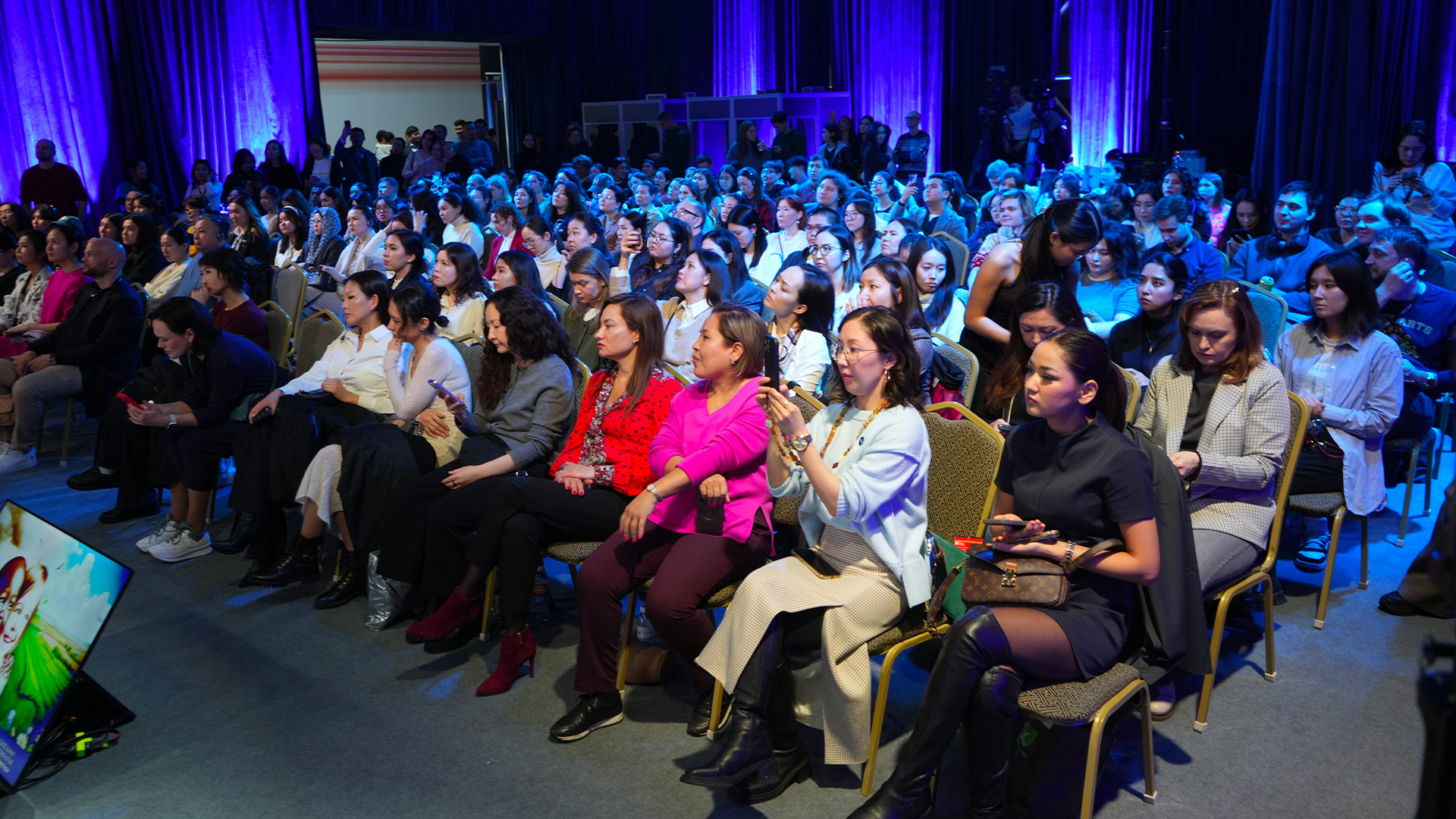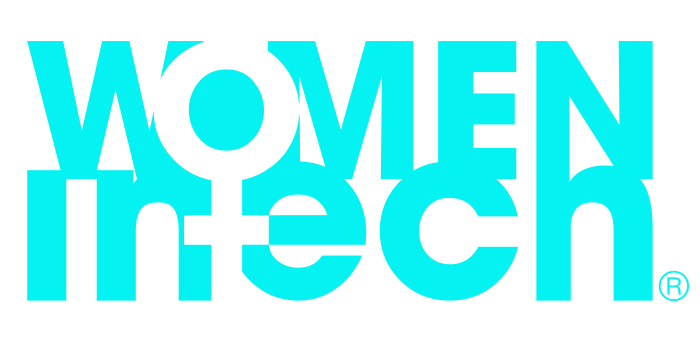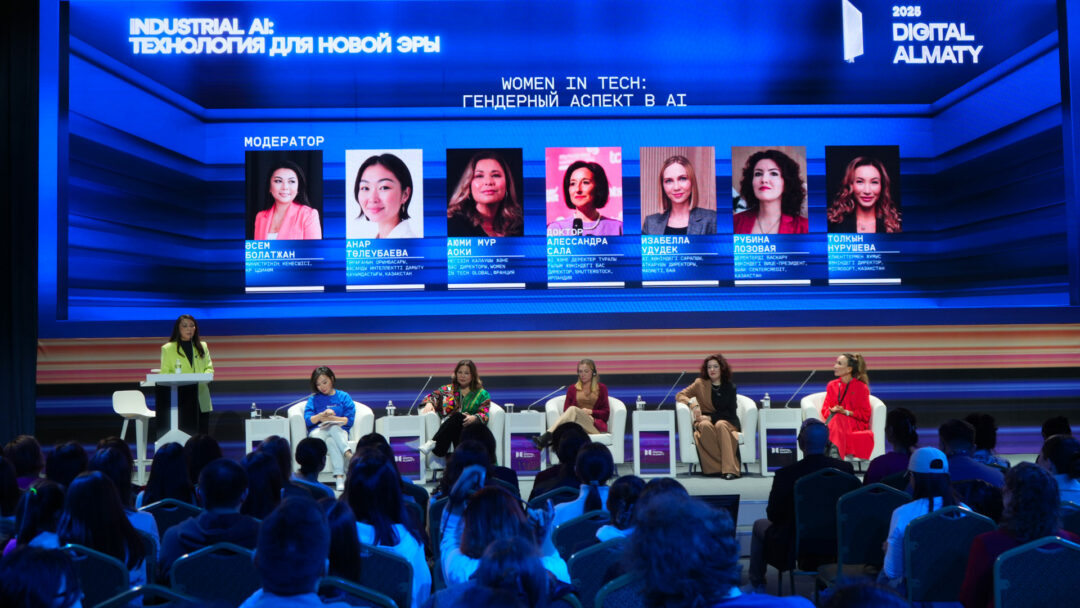The Digital Almaty 2025 Forum, held from January 31 to February 1, solidified its position as Central Asia’s premier platform for technological innovation, attracting over 40,000 attendees and global leaders to discuss AI’s transformative role in industry and society[2][13][15]. Among its standout sessions was the panel “Gender-Biased AI: Technologies for a New Era,” organized by the Women in Tech Kazakhstan Chapter, which tackled systemic gender biases in artificial intelligence and charted pathways toward inclusive innovation.
Session Highlights: Unmasking AI’s Gender Challenges
Moderated by Assem Bolatzhan (Advisor to Kazakhstan’s Minister of Digital Development and Chapter Director of Women in Tech Kazakhstan), the panel featured global experts, including Ayumi Moore Aoki (Founder & CEO of Women in Tech Global) and Alessandra Sala (Shutterstock’s Sr. Director of AI), who dissected critical issues:
1. Embedded Stereotypes in Language Models
– Large language models like GPT-3 perpetuate historical biases, associating women with caregiving roles (e.g., “nurse” or “teacher”) and men with leadership or technical positions.
– A 2017 Science study revealed algorithms linking “women” to “family” and “men” to “career,” reflecting skewed training data from internet texts.
2. The Voice Assistant Paradox
– Voice assistants like Siri and Alexa predominantly use female voices, reinforcing stereotypes of women as submissive helpers. A 2019 UNESCO report criticized this trend, noting how phrases like “I didn’t understand” in a female voice perpetuate harmful norms.
3. Workforce Disparities
– Only 22% of AI professionals are women (World Economic Forum, 2021), while women constitute just **35% of AI tool users**, highlighting exclusion in both development and adoption.
4. Risks of Biased Data
– University of Washington researchers found 50% of AI outputs reinforce gender stereotypes, such as linking “doctor” to men and “nurse” to women.
Pathways to Equity: Solutions in Action
Panelists emphasized actionable strategies to counter bias:
– Feminist Data Set Project: OpenAI and Google now train models on balanced datasets, reducing bias by ~40%[1].
– Policy Advocacy: Kazakhstan’s upcoming AI regulatory bill and National AI Development Strategy aim to institutionalize inclusivity[2][13].
– Education & Mentorship: The Women in Tech Kazakhstan Chapter, launched in 2024, is bridging gaps through skill-building programs and global networking.
Why This Matters
As Ayumi Moore Aoki noted, “Inclusive AI isn’t just ethical—it’s economically imperative.” With AI projected to add $20 trillion to the global GDP by 2030], diverse perspectives are critical to ensuring technologies serve all communities equitably.
Join the Movement
The session underscored Women in Tech Global’s mission to empower 5 million women in STEAM by 2030. From Kazakhstan’s local initiatives to global advocacy, the fight against gender-biased AI requires collective action.
Get involved
Explore mentorship opportunities, support gender-balanced AI projects, or join our upcoming Global Summit in Osaka 2025. Together, we can shape a future where technology reflects the diversity of the world it serves.





